I've been running games like D&D for years, and these are the best tabletop RPGs I've ever played
Go on a quest to worlds beyond
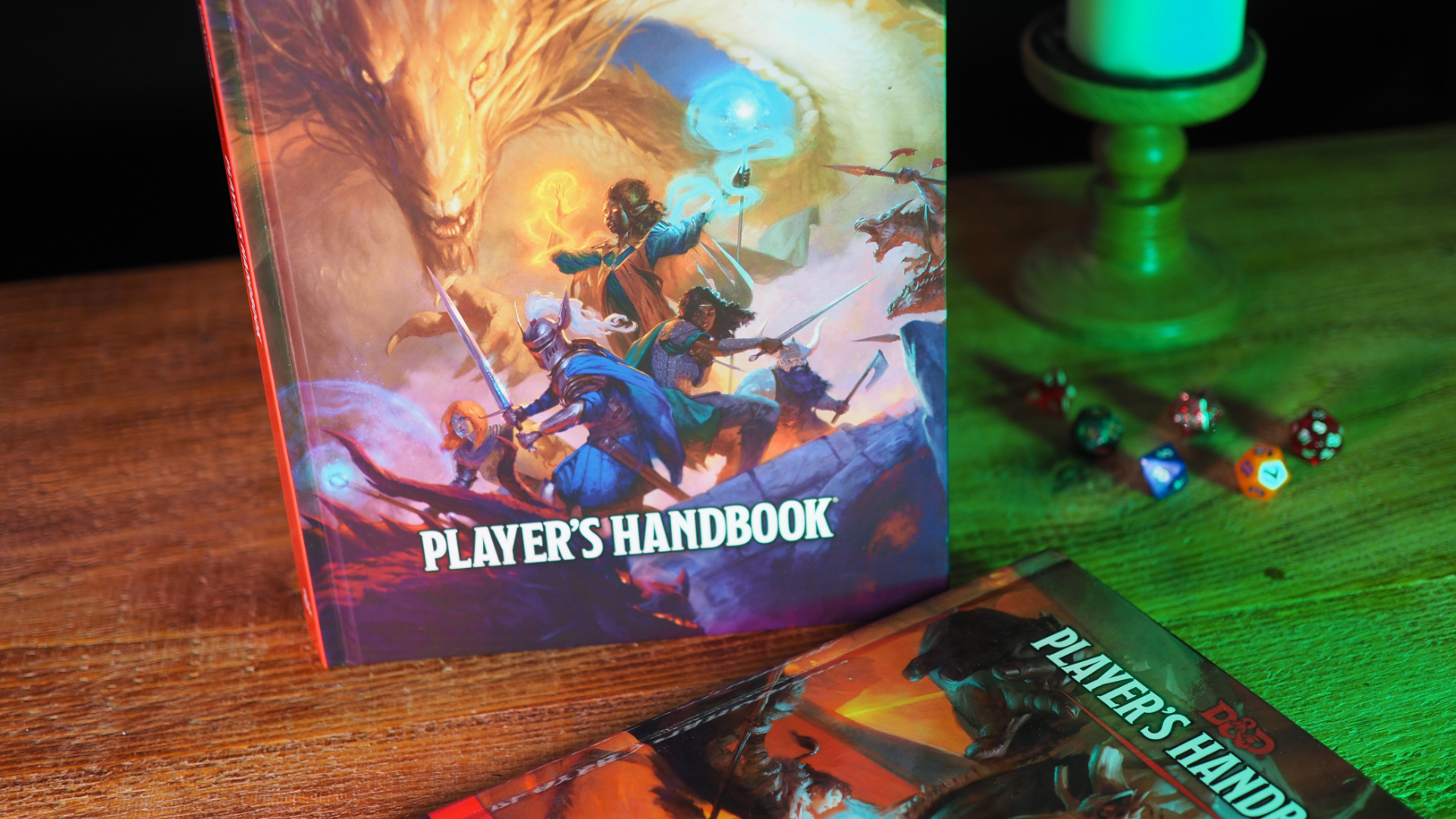
Weekly digests, tales from the communities you love, and more
You are now subscribed
Your newsletter sign-up was successful
Want to add more newsletters?

Every Friday
GamesRadar+
Your weekly update on everything you could ever want to know about the games you already love, games we know you're going to love in the near future, and tales from the communities that surround them.

Every Thursday
GTA 6 O'clock
Our special GTA 6 newsletter, with breaking news, insider info, and rumor analysis from the award-winning GTA 6 O'clock experts.

Every Friday
Knowledge
From the creators of Edge: A weekly videogame industry newsletter with analysis from expert writers, guidance from professionals, and insight into what's on the horizon.

Every Thursday
The Setup
Hardware nerds unite, sign up to our free tech newsletter for a weekly digest of the hottest new tech, the latest gadgets on the test bench, and much more.

Every Wednesday
Switch 2 Spotlight
Sign up to our new Switch 2 newsletter, where we bring you the latest talking points on Nintendo's new console each week, bring you up to date on the news, and recommend what games to play.

Every Saturday
The Watchlist
Subscribe for a weekly digest of the movie and TV news that matters, direct to your inbox. From first-look trailers, interviews, reviews and explainers, we've got you covered.

Once a month
SFX
Get sneak previews, exclusive competitions and details of special events each month!
✅ Every product tested by experts
✅ We cover TRPGs each week
✅ Years of industry experience
I've been rolling dice for a long time, and I don't think there's ever been a better time to try the best tabletop RPGs. Thanks to Critical Role, Stranger Things, and a certain Baldur's Gate video game, the hobby is more popular now than ever. Plus, there are games to suit pretty much any interest at the moment. Want supernatural mystery like the X-Files? Not a problem. Zombie apocalypse? Sure thing!
Actually, the level of choice can be overwhelming. That's why the GamesRadar+ team and I have rounded up the very best tabletop RPGs here. We've covered the industry for years, and these are our go-tos when asked for recommendations. As an example, I'll never tire of recommending The One Ring. This Lord of the Rings system is so evocative, and it captures the grand adventure of Tolkien's work. In much the same way, our own Guides Editor and expert game master Joel Franey will always go to bat for Alien: The Roleplaying Game (which recently got a new edition, as it so happens). It's a legitimately creepy celebration of everything that makes the franchise so beloved. Just don't expect to survive long.
Not sure what you're in the mood for? Check out our advice on how to choose the right tabletop RPG for you. That's because we've got hands-on experience with everything listed on this page. As mentioned in the 'how we test' section, our writers will only ever recommend something that they love themselves.

Benjamin's been writing about tabletop RPGs professionally for the best part of a decade years, and has been playing them for almost as long. He's currently running Curse of Strahd for the GamesRadar+ team, and one of his all-time favorite systems is The One Ring by Free League.
Quick list
February 9, 2025: Along with an updated entry for the new Alien RPG edition, 'expert verdict' sections have been added to each category. This provides a bitesize overview of what makes the game special from a variety of industry voices.
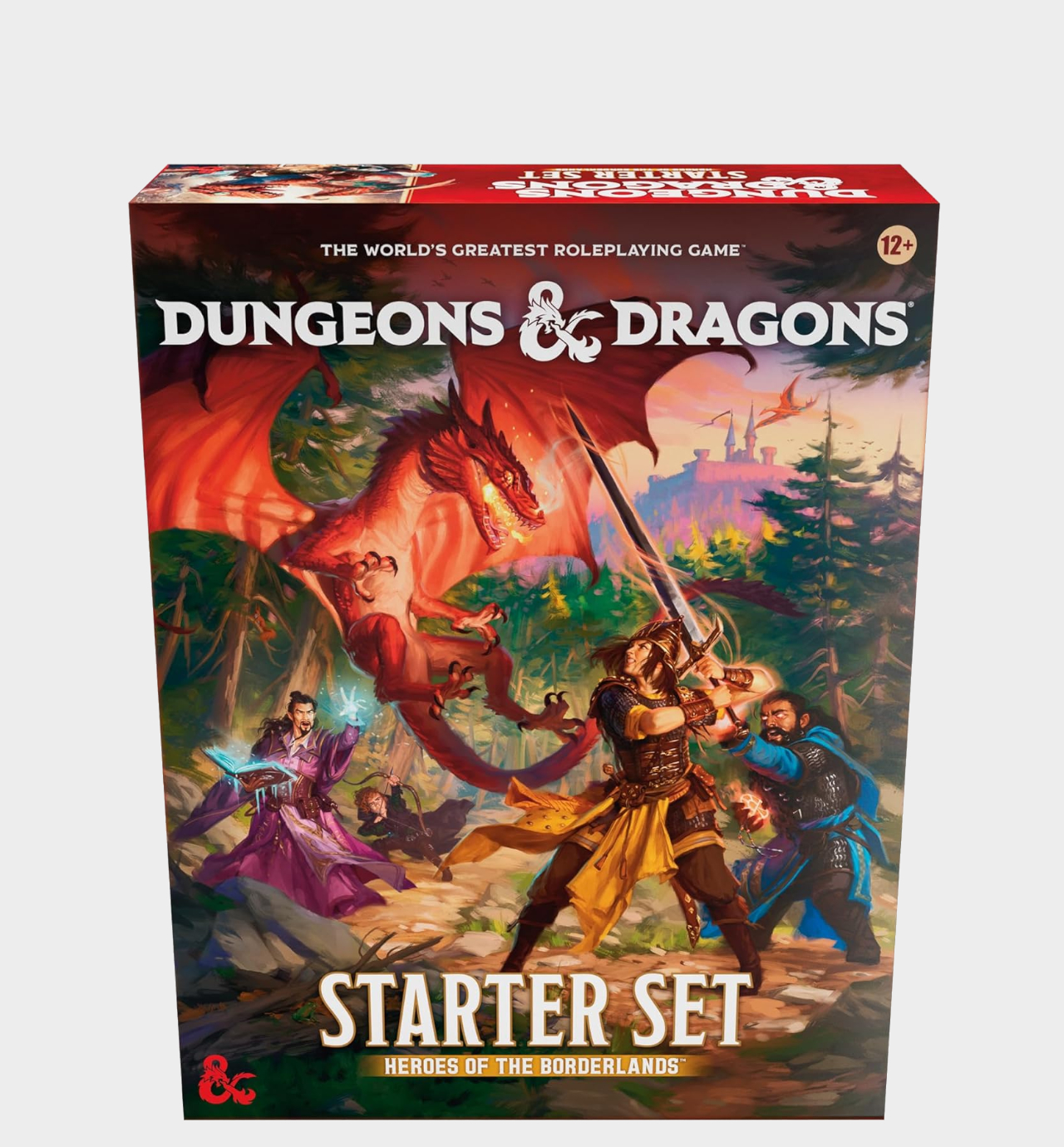
Besides being the most well-known tabletop RPG out there, D&D also happens to be one of the best. A comprehensive system, countless pre-written adventures, and the freedom to create your own worlds keeps it at the top of the pile.
Read more below
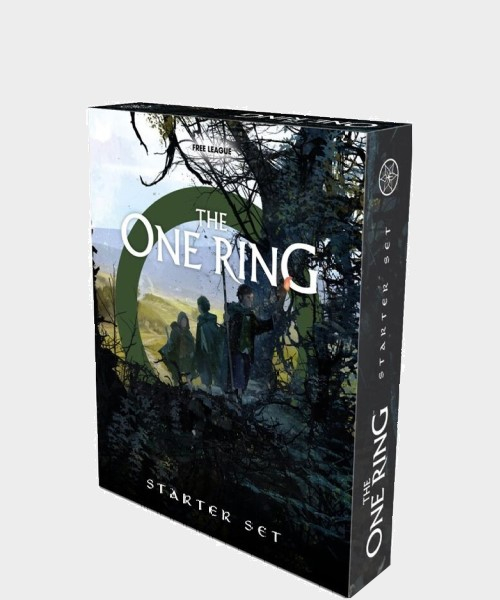
Despite not being as well known as its peers, this Lord of the Rings game offers some of the best beginner-friendly mechanics around. It's easy to get into if you're new to tabletop RPGs, but offers plenty of depth once you've mastered the basics.
Read more below
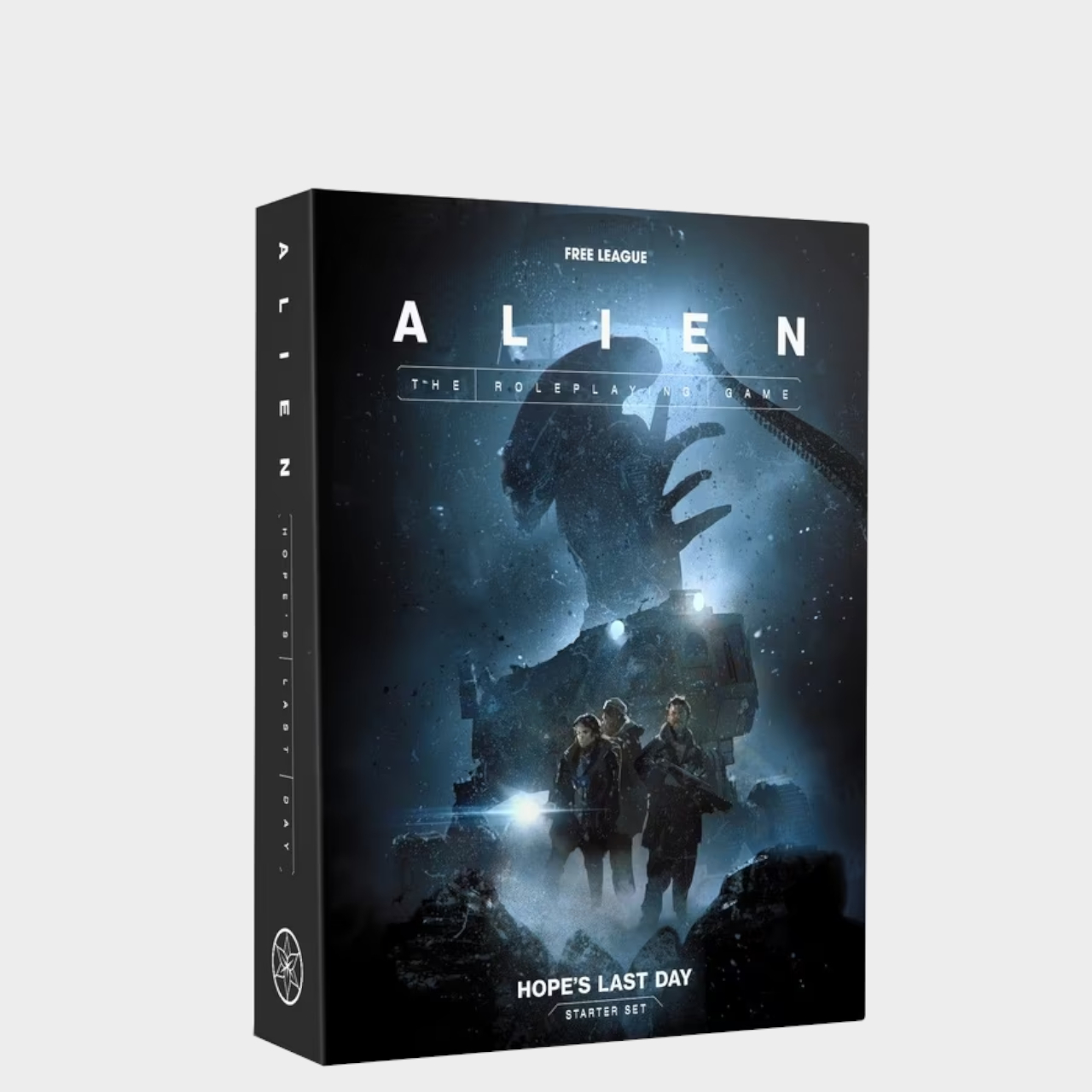
Few movie monsters can match the xenomorph in terms of skin-crawling creep-factor, and this system knows exactly how to leverage them to best effect. Thanks to an intuitive and well-designed set of mechanics, it's also very accessible.
Read more below
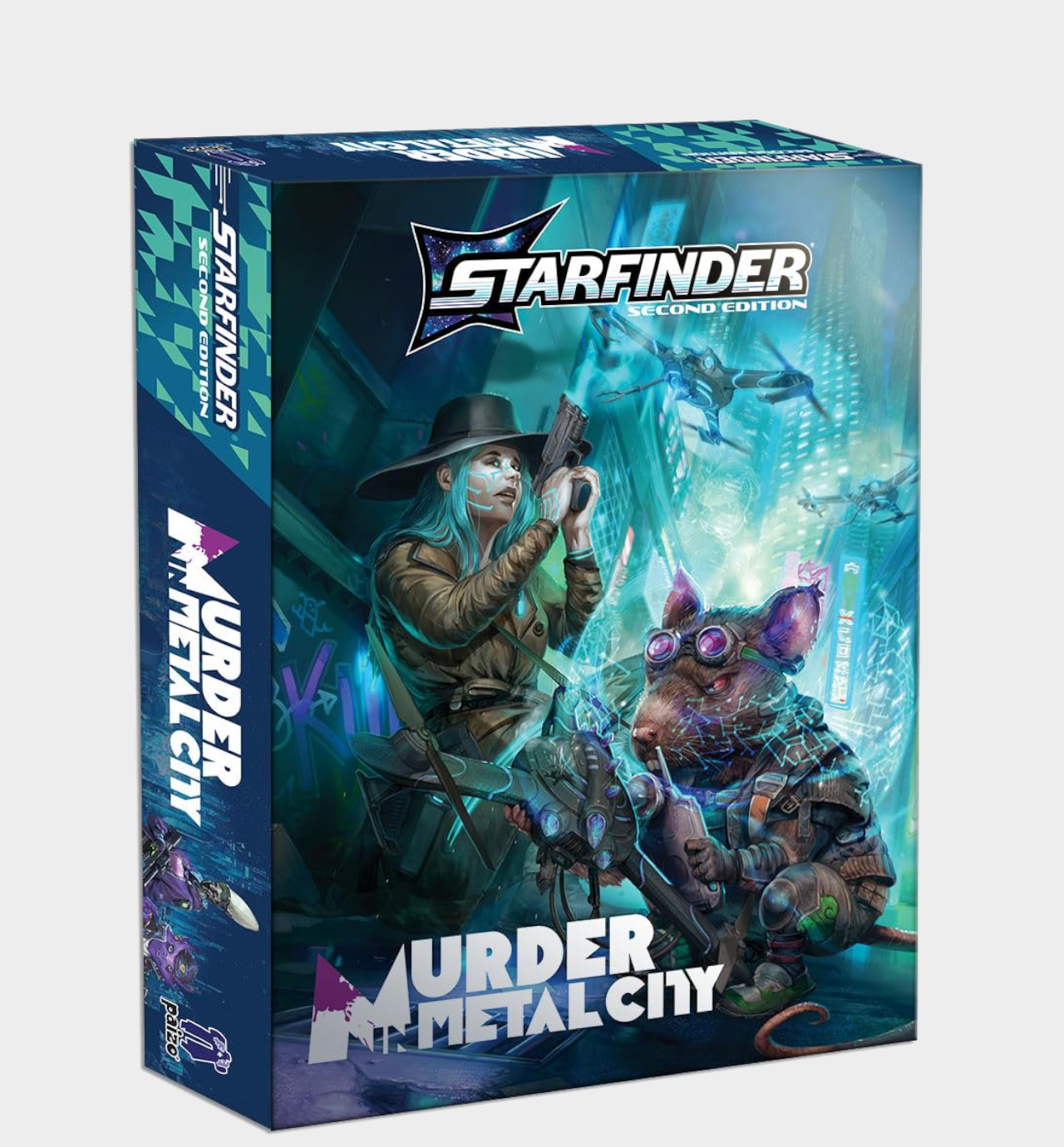
If you'd rather take to the stars and explore beyond our solar system, this entry ticks all the boxes – and then some. Both comprehensive and engrossing, it's well-supported with expansions that can enrich your story further.
Read more below
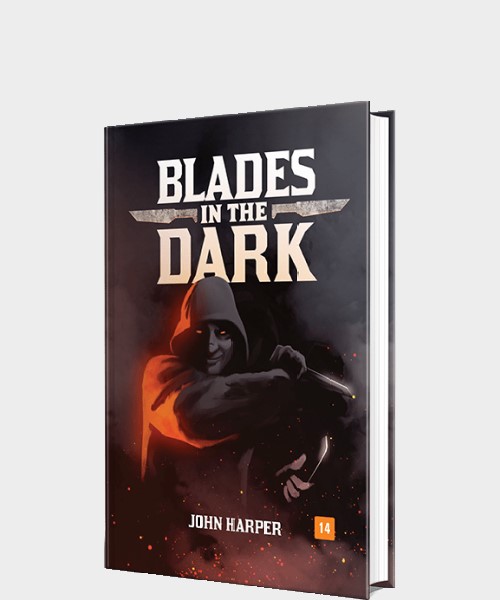
You'd struggle to get through most tabletop RPG lists without stumbling across Blades in the Dark. This gritty system rises above its counterparts thanks to a slick action system that cuts down on tiresome 'what-ifs.'
Read more below
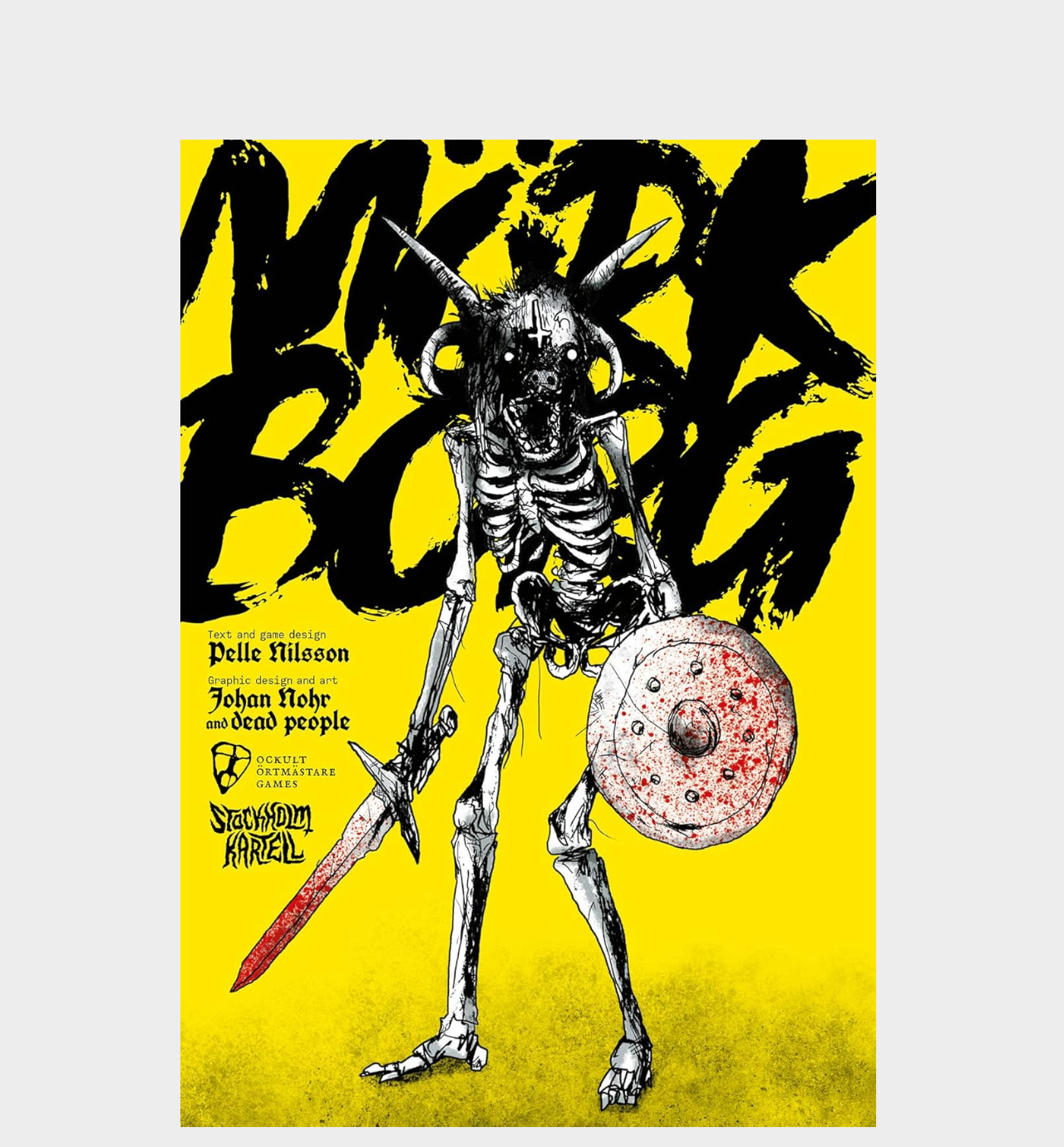
If you enjoy old-school RPGs and brutal difficulty, you need to see Mork Borg. This is the Elden Ring of tabletop roleplaying games; it's a dark fantasy world with truly iconic vibes. It's genuinely challenging too, pushing parties to their limit.
Read more below
Best tabletop RPG overall
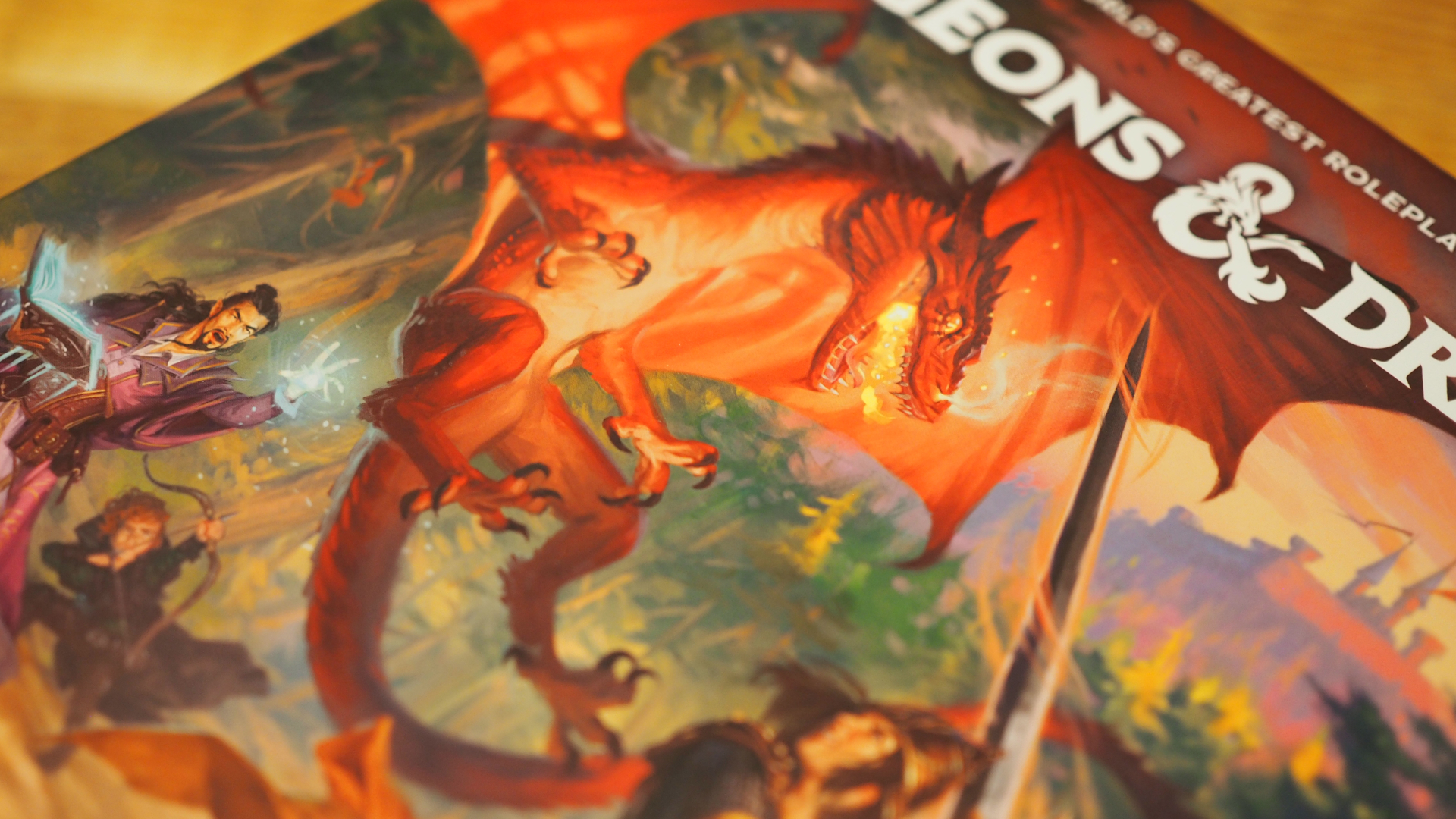
1. Dungeons & Dragons
Our expert review:
Specifications
Reasons to buy
Reasons to avoid
For many, "tabletop RPGs" and "D&D" mean the same thing. That's hardly surprising; besides being one of the oldest games in the business, Dungeons & Dragons is also the most popular. Particularly now – there's been a resurgence of interest thanks to actual plays, TV shows, and even a Hollywood movie using it as inspiration. Basically? It should be your first port of call if you want that traditional pen-and-paper experience.
Although the system has its flaws (it allows you to run any kind of adventure, but lacks depth), D&D also offers a wealth of content to explore with infinite possibilities on-tap. No matter whether you want to make your way through dusty old tombs or travel the stars in a Jules Verne-style space adventure, you can do it here.
Yes, other RPGs are better at specific things like roleplay, stealth, or combat. However, few provide as well-rounded an experience as Dungeons & Dragons.
✅ You want the quintessential tabletop RPG: D&D is an industry benchmark, and it'll give you a feel for everything the best tabletop RPGs can offer.
✅ You want a well-supported game with lots of players: Because D&D is the biggest tabletop RPG around, it's by far the best supported. There are loads of ready-made adventures, and countless players who want to try them.
❌ You'll be running the game and don't want lots of prep: Unfortunately, D&D is pretty demanding on whoever's leading the session.
❌ You want a game that excels at the specifics: It's great that D&D is such a Jack-of-all-trades, but the downside is that it doesn't ace any particular thing.
Features & design: If you're new to all this, think of D&D like an interactive ghost story. After making characters with unique strengths and roles (such as a Wizard or Barbarian), you'll work through a choose-your-own adventure. Unlike the best board games, however, you'll always need someone to 'run' the game as Dungeon Master. They're responsible for setting the scene, describing what happens based on your choices, judging rules, controlling non-playable characters, and running enemies in combat.
While some players use miniatures to represent their heroes in-game and provide physical battlemaps to explore, D&D is largely based in your imagination. That means it can be a lot grander and more cinematic than would be possible in other games. In much the same way, you can put as much or as little into it as you want. Some players talk about what their character does in the third-person, for example, while others embody them at the table.
The most recent starter set (which just launched in 2025) is arguably the best introduction yet. It does a great job of breaking down barriers to entry and streamlining D&D's mechanics from character-creation onward, making it the perfect foundation for new players.
Gameplay: Almost every action you can take in D&D involves rolling dice – normally a 20-sided one, known as a d20. Whenever you want to do something (be it picking a lock or fighting bandits), you'll roll one of those and add your character's relevant attribute score to the result. If you beat a target number decided by the Dungeon Master, you've succeeded! If you fail... well, things might get ugly. Either way, the DM then describes what happens next. The result is an elegant and intuitive system.
Sure, other games might handle specific elements – like stealth or combat – in more depth. But generally speaking, this is a good all-rounder with versatility to spare. It's easily the best-supported option out there as well. Thanks to a library's worth of adventures, settings, and inspiration, you'll never struggle for something new. And even if it wasn't, D&D is crammed with worldbuilding material that will help you forge your own adventures.
Finally, it offers a solid grounding in tabletop RPG culture that'll serve you well if you decide to try something different. A lot of the rules you'll encounter here share DNA with many of the suggestions listed below, so D&D is the perfect springboard.

"D&D is the most popular pen-and-paper RPG for good reason. Although it's not perfect, it still provides a great foundation for any kind of fantasy adventure you could imagine - no matter whether you're a beginner or a TTRPG veteran." Read more: I've been playing D&D for years, but I think this starter set is the best it's ever had
Best tabletop RPGS: For beginners
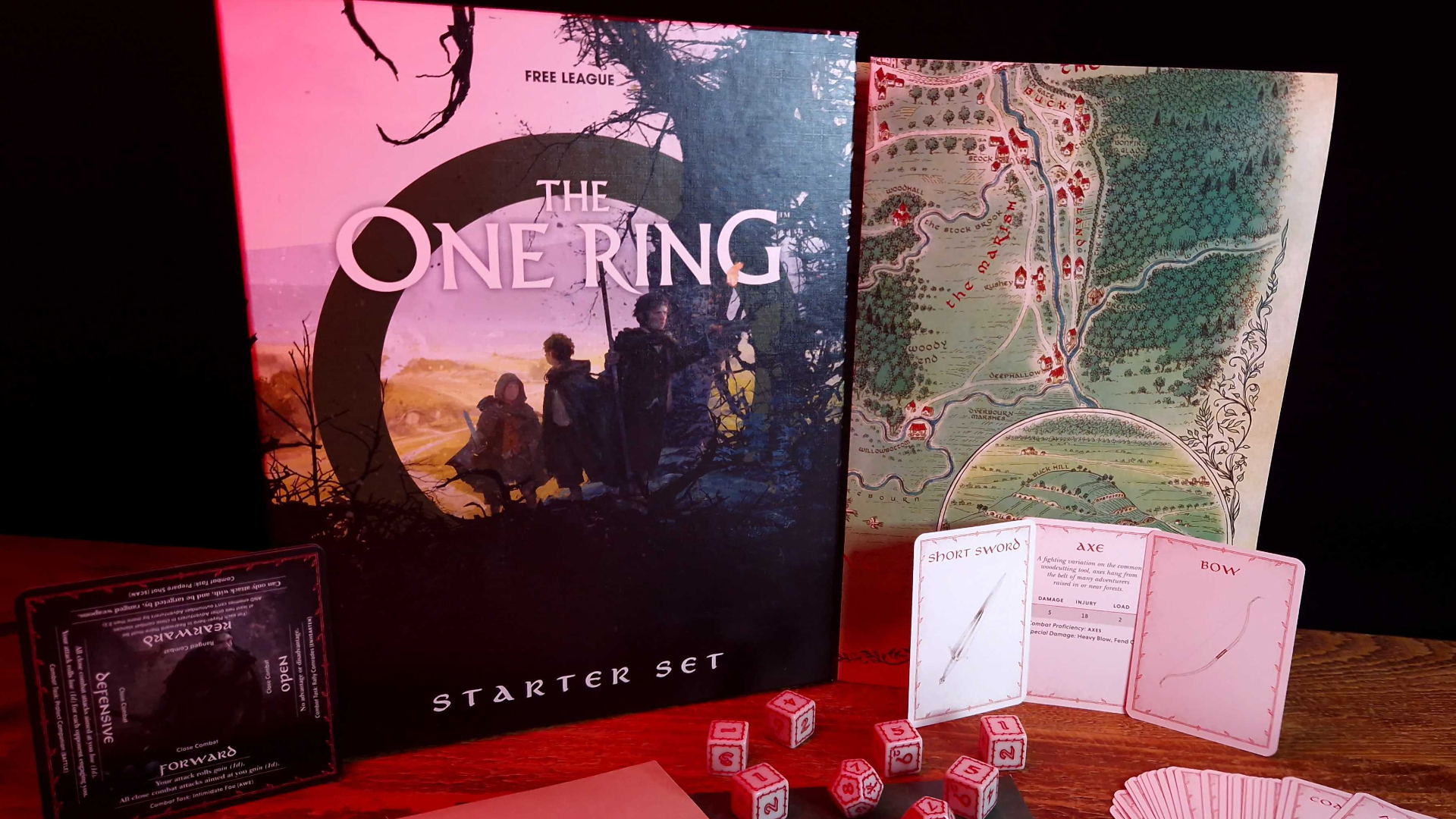
Specifications
Reasons to buy
Reasons to avoid
New to tabletop RPGs? While you could dive right in with D&D, I'd actually recommend starting here instead. The One Ring offers a more streamlined, beginner-friendly system that's easy to pick up but doesn't sacrifice depth. Plus, it's wrapped in one of the most popular fictional settings ever created. That makes it the perfect entry-point to the hobby.
Speaking of Tolkien's world, this game from Free League isn't just using it as set-dressing. Whether it's flawless production design using Tolkien's signature red notifs, a reluctance to go overboard with monsters and magic beyond the books' scope, or pencil illustrations that look like they've been stolen from the sketchbook of Alan Lee, The One Ring nails Middle-earth in every way that counts.
✅ You adore The Lord of the Rings: Fans of Tolkien's work or Peter Jackson's films will love every minute spent playing this game. It's a heartfelt love-letter to Middle-earth.
✅ You prefer roleplay to combat: Fighting isn't really the focus of The One Ring, and although there are plenty of mechanics to simulate combat, exploration and character are far more important.
❌ You want lots of action: If crossing swords with hordes of orcs or battling in epic, Helm's Deep-style sieges are what your heart desires, you'll be disappointed with The One Ring.
❌ You want to explore all of Middle-earth: Because this game is limited to the northern reaches of Tolkein's world, you won't find yourself in iconic locations like Gondor, Rohan, or Erebor.
Features & design: In a development that D&D or Pathfinder players will appreciate, The One Ring's mechanics are elegant and easily understood. Along with dividing skills into three categories (Strength, Heart, and Wit), they all feature clear 'Target Numbers' that you have to beat when rolling for a challenge. This makes things very straightforward even if you've never played a tabletop RPG before.
Gameplay: Sure, it's lacking in pre-written adventures at the time of writing (there's only the starter set and one dedicated book of adventures, 'Tales From the Lone-Lands'). But there's more than enough material on-hand to create your own adventure. The beginner box and core rulebook are as stuffed as a hobbit's larder with details on the northern kingdoms of Middle-earth, so you won't ever be struggling to find inspiration.
What's more, its emphasis on roleplay and fellowship over combat or magic make it feel very true to Tolkien's vision. The One Ring doesn't use Middle-earth as a costume; it's dedicated to what makes it so beloved the world over.

"If you feel intimidated by running or playing tabletop RPGs, I'd suggest The One Ring over almost anything else. Besides being couched in a familiar setting, its mechanics are easy to learn yet surprisingly versatile." Read more: The One Ring Starter Set review
Best horror tabletop RPG

Specifications
Reasons to buy
Reasons to avoid
You don't 'win' in this adaptation of the horror franchise; you just survive. Even then, your odds aren't great. As a certain android once said, "I can't lie to you about your chances. But you have my sympathies."
Publisher Free League has a reputation for adaptations that thoughtfully blend mechanics with theme, and it's pulled a blinder here. This is a truly authentic Alien experience - it's saturated with tension to the point of being genuinely creepy. You're very much the prey here, and will learn to fear every shadow. Meanwhile, hidden motives for each player keep you guessing even when you're safe from roving facehuggers.
✅ You want a genuinely unsettling game: Alien will have you on the edge of your seat at all times. Its foes are terrifying, its missions are soaked in dread, and it captures the heart of what made the original movie so, so good.
✅ You enjoy morally gray stories: Much like the film franchise, most people in the Alien RPG suck. They each have their own agenda, some of which put them at odds with the rest of the party.
❌ You or your GM struggle to build tension: This really does live or die by the skill of your Game Master (here called a "Game Mother"). If they don't set the tone just right, it'll fall flat.
❌ You want a power fantasy: While you can play as a gun-slinging marine, you'll always be operating on the back foot against organisms whose perfection is only matched by their hostility. That's by design, so those who want to feel like an all-conquering hero should look elsewhere.
Features & design: Alongside a simplified d6 system that isn't difficult to grasp, the Alien RPG leans into the stress and tension of the series. As an example, its 'cinematic mode' offers pre-generated characters in high-lethality scenarios where you're likely to die a sudden, and very unpleasant, death.
Because these poor souls come with conflicting objectives as well (like covering up Weyland-Yutani's faults or capturing a xeno sample), roleplay is even spicier than usual. Who do you trust? If you're used to being a near-invulnerable paragon of good in D&D, it's a breath of fresh air.
Gameplay: The nihilistic, against-all-odds mentality of Alien is alive and well in this tabletop RPG. Actually, it's one of the best translations of the source material on shelves right now. This isn't an adventure of derring-do or indestructible heroes; it's a desperate last stand where you're hopelessly outgunned, and that makes for an unusually compelling – not to mention terrifying – adventure.
Crucially, the xenomorphs it revolves around really are perfect killing machines. Being able to survive an encounter with one (even the smaller, more vulnerable variety seen throughout Aliens) is an achievement. In short, you can forget about going toe to toe with them. They'll almost certainly win, and it won't be pretty.
Crucially, knowing that characters can and will die allows designers to make full use of horror tropes in all their glory. This game is laser-focused on creeping you out, so I can't recommend it enough for fans of being spooked.

"The Alien RPG feels almost perfectly refined for generating alternately tense or frantic experiences." Read more: Alien RPG Evolved Edition Starter Set review
Best sci-fi tabletop RPG
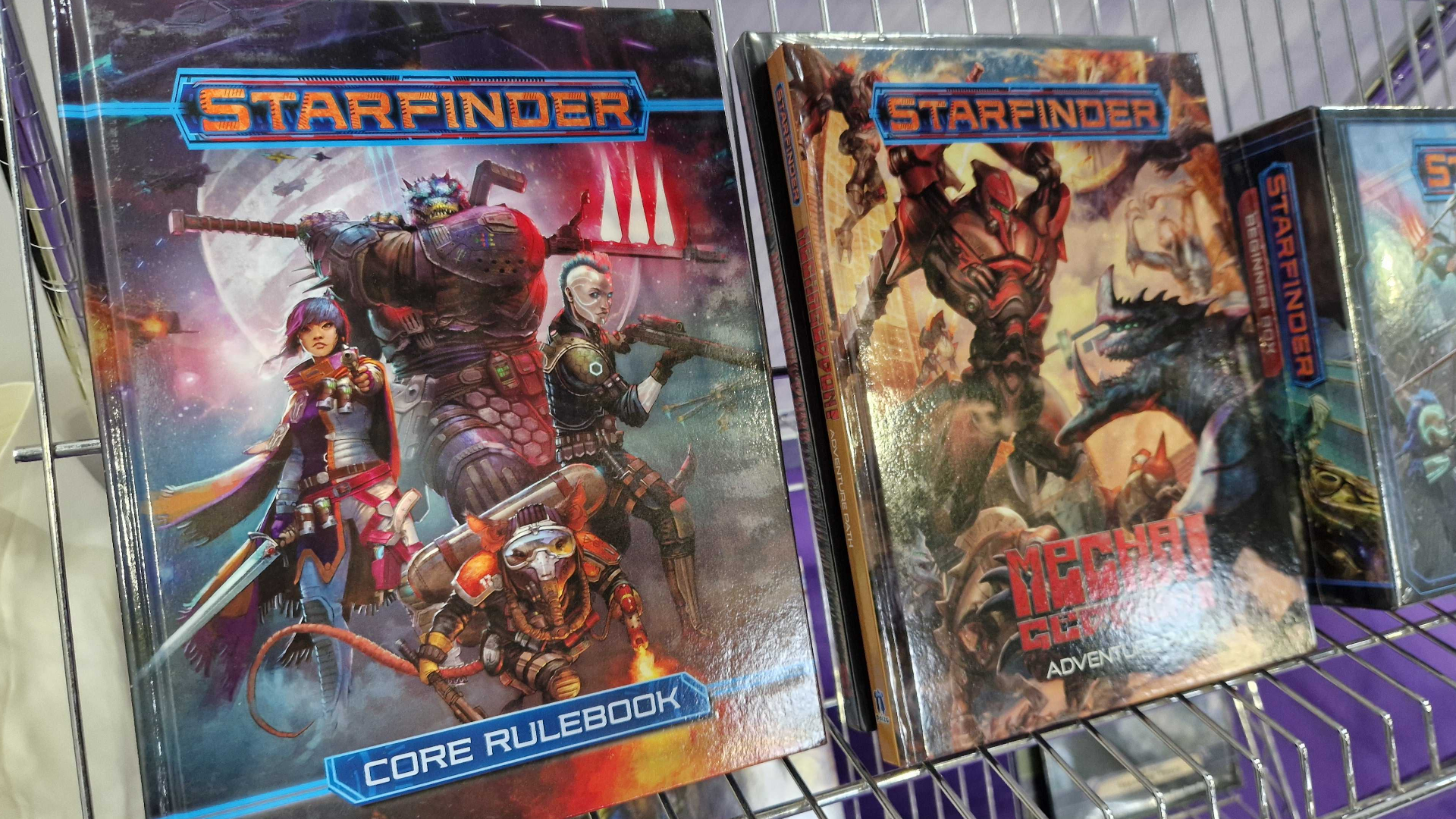
4. Starfinder
Our expert review:
Specifications
Reasons to buy
Reasons to avoid
You don't have to know Starfinder is the sci-fi followup to Pathfinder to enjoy it. You just have to like laser swords and ship combat and strange alien species and, ideally, a wee bit of fantasy mixed in with your sci-fi.
If you'd rather go cosmic with laser guns and starships like the Millennium Falcon than slogging it on horseback across the medieval countryside, Starfinder is ideal. It manages to nod at beloved franchises such as Star Wars or Star Trek while still carving out an identity of its own.
✅ You want to travel the stars: Not feeling the draw of fantasy? Starfinder sends you shooting across space instead. Rather than riding horses and fighting with swords, you're more likely to be flying in a spaceship and laying the smack down via a laser gatling gun.
✅ Star Wars, Star Trek, Dune, and Mass Effect are your jam: Starfinder collects all the best bits of sci-fi and jams them together into an entirely new world that'll draw in genre fans.
❌ You'd prefer to play in a more iconic universe: If you and your friends prefer the Skywalker saga or the Enterprise's five-year mission, you're better off playing tie-in RPGs for those franchises – they're out there.
❌ You don't like the Pathfinder/D&D system: Seeing as it uses the classic d20 system, those who don't get on with that style of play won't enjoy Stardinder.
Features & design: Starfinder uses a familiar array of stats to modify your usual D20 attack and ability rolls, but also leaves the door open to bringing in space dwarves or cosmic elves if you can't stand to roleplay without them. However, even if you want your campaign to feel like Pathfinder or D&D in space, new ideas like character themes (which emphasize your place in the galaxy, not just how you fight) and the health/stamina system ensure that Starfinder plays like a game that can stand on its own two feet.
Gameplay: While its rulebook weighs in at a very dense 500-odd pages, Starfinder is fairly easy to get into. You don't necessarily need to learn everything before setting off for the stars, either; it takes a refreshing mix-and-match approach.
Its mechanics (which find their roots in Pathfinder) also keep things moving quickly – if you're familiar with d20 games like D&D, you'll feel right at home. There are just enough new additions via shields, energy weapons, and spaceship combat for it to really differentiate itself, though. Plus, a vast array of new species and cultures provide a fascinating universe to explore that seems far more established than it actually is.

"You don't have to know Starfinder is the sci-fi followup to Pathfinder to enjoy it. You just have to like laser swords and ship combat and strange alien species and, ideally, a wee bit of fantasy mixed in with your sci-fi. Starfinder uses a familiar array of stats to modify your usual D20 attack and ability rolls, and it also leaves the door open to bringing in straight-up space dwarves and space elves if you can't stand to role play without them. However much you want your campaign to feel like Pathfinder in space, new ideas like character themes - which emphasize your character's place in the galaxy, not just how they fight - and the health/stamina system ensure Starfinder plays like a game of its own."
Best crime tabletop RPG
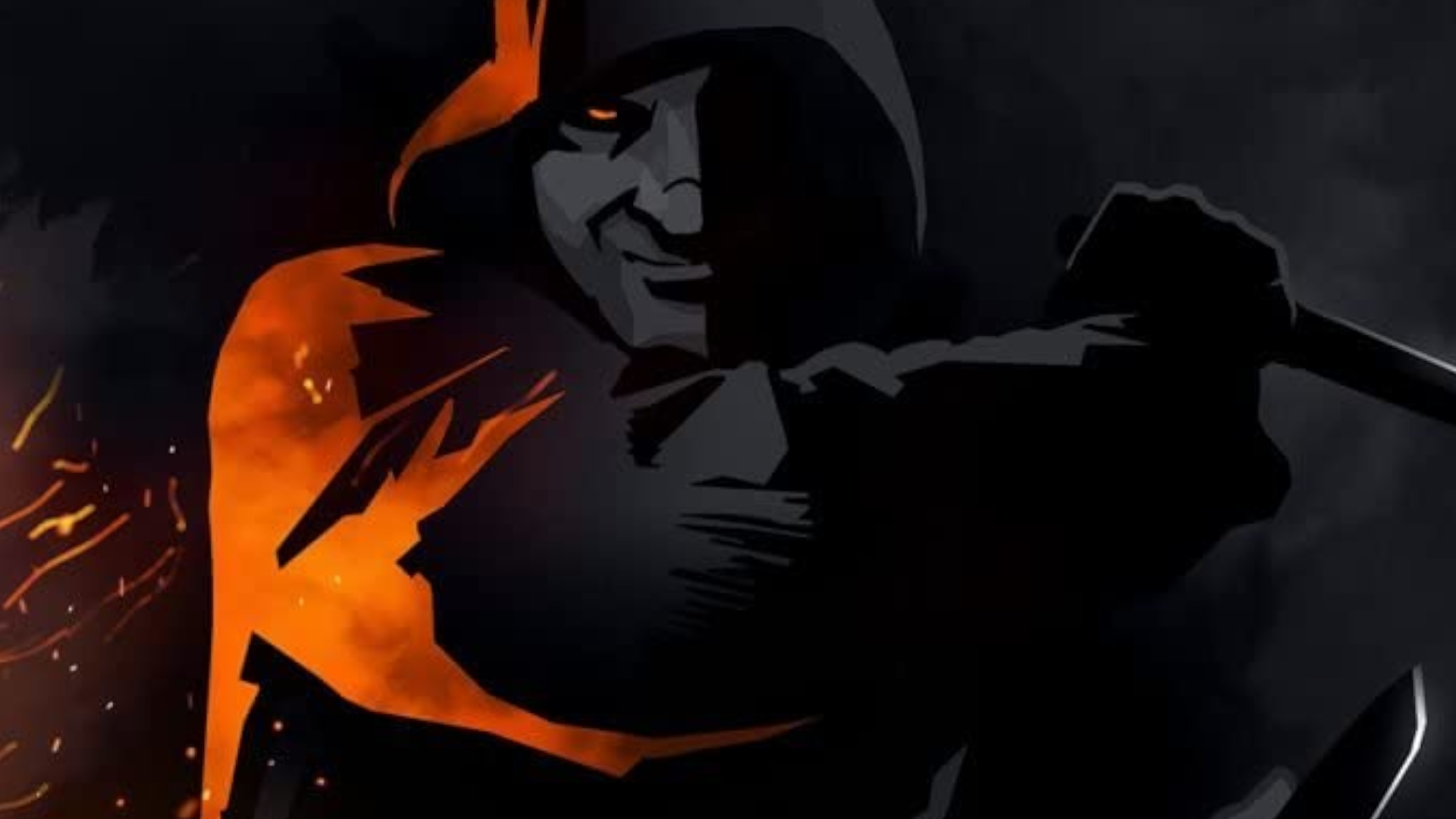
5. Blades in the Dark
Our expert review:
Specifications
Reasons to buy
Reasons to avoid
If any game epitomizes 'grunge,' it's Blades in the Dark. Set within a suitably gritty city in the grips of its own industrial revolution, this tabletop RPG puts all of its eggs into the basket of ne'er-do-wells who lie, steal, and cheat their way to a payday they didn't earn. Plus, it takes place in a metropolis trapped under eternal night and filled with ghosts of the dead who can't leave. That helps it stand out from the crowd – there's nothing quite like this.
✅ You want a gritty, urban adventure: If the likes of Dishonored and Peaky Blinders are your jam, you'll get on very well with this thoroughly grungy RPG.
✅ You want something fast-paced: Blades in the Dark rarely lets you stop and catch your breath. It does away with the bloat of other tabletop RPGs for a more streamlined experience.
❌ You'd like something a bit more hopeful: Blades in the Dark is bleak, and there's no getting away from that. If you prefer more optimistic stories, skip this one.
❌ You aren't a horror fan: This game revolves around an eerie, haunted city full of terrible people doing terrible things. Consider yourself warned.
Features & design: Blades is one of the more focused games on this list. Rather than trying to do a bit of everything, it zeroes in on the criminal underbelly in one particular city. It also strips away mechanical bloat for an experience that's incredibly fast-paced. Namely, it doesn't let you get bogged down with plans or endless what-ifs before a job. Instead, whoever's running the session asks a few questions and creates a dice pool using those answers. They then run the mission based on roll results, with extra details being added in-medias-res through flashback scenes. It's zippy and engaging, thrusting players into the thick of the action before they've had time to orient themselves.
Gameplay: The best tabletop RPGs can get bogged down with talk of what a party should do before an event (be it a fight, theft, or something more ambitious), and that brings gameplay to a grinding halt. But Blades in the Dark doesn't have that problem. It gets down to brass tacks as soon as possible, and players will have to think on their feet when things inevitably go sideways. You don't even need to worry about modifiers or bonuses; everything boils down to the result of d6s (a six is a success, for instance). The better your character is at something, the more dice they roll. That means even a newcomer can get into the swing of things before long.
It's true that some Game Masters will struggle with Blades in the Dark's emphasis on improvisation (it's highly likely that you'll need to pivot away from your prep due to the party's unorthodox methods), but that can result in something truly invigorating. You really don't know what'll happen next, and thanks to mechanics revolving around gang rivalries, mistakes – and successes, for that matter – have consequences.
I could spend a great deal of time waxing lyrical about how good this game is, but that'd require a lot more space than we have in this list. So, here's the long and short of it – you should definitely add Blades in the Dark to your collection.

"Blades in the Dark is the most focused game on this list: it's the story of a gang of scoundrels who try to carve out their own piece of a big, dirty city. The details of who they are and how they go from small-time crooks to bosses of the underworld (or die trying) are up to you. It may sound limiting - and certain game mechanics, such as territory acquisition, feel more like the best board games than a tabletop RPG - but Blades in the Dark pushes that narrow remit to its fullest potential."
Best OSR tabletop RPG

Specifications
Reasons to buy
Reasons to avoid
If you adore pen and paper games of yesteryear, the OSR movement (Old-School Revival/Renaissance) will truly speak to you. The best of these is arguably Mork Borg, a system that's taken the community by storm. This "pitch-black" RPG pulls absolutely no punches, and surviving its hard-as-nails fantasy world will put your skills to the test.
✅ You enjoy a good challenge: This is a brutal world that's likely to chew you up and spit you out.
✅ You like dark fantasy: Mork Borg is a fascinating yet bleak setting, and you'll explore your inner darkness as you make your way through a dying world.
❌ You want something forgiving: You're absolutely pummelled by Mork Borg at every turn, so those who prefer a more easy-going experience may not enjoy their stay.
❌ You're squeamish: This game blends horror and hopelessness well, and that means it won't appeal to the squeamish.
Features & design: Despite being thoroughly tough, Mork Borg's systems are simple enough to learn. All you need to do is roll a d20, add the relevant ability modifier, and hope you beat the Game Master's assigned difficulty. Besides adding your armor dice to negate damage or removing health, that's the only math you need to worry about.
Ease of access doesn't equal "easy," though. Mistakes are thoroughly punished, for example, with natural ones destroying weapons, doubling enemy damage, or some other horrible disaster. You can use "Omens" to negate some of those failings, but these are few in number and only replenish after a long rest.
As a particularly dark bow on top, this is all wrapped in an equally hardcore yet compelling art-style that's unlike anything else on the market.
Gameplay: Mork Borg is as metal as they come, and the world's end is rad as hell. Knowing that every misstep might mean the end of your adventurer has you on the edge of your seat at all times, while apocalyptic prophecies told at the dawn of each in-game day count down to oblivion. Atmosphere? This game has it in spades.
A wealth of random tables will keep you guessing, too. No two sessions are ever going to feel the same, and things can go in wildly unexpected directions as a result of that chaos.
Even though the Omen system undermines the dark tone somewhat because it refreshes a little too often for our liking, it can't spoil one of the most thematic tabletop RPGs around.

"All that capital 'D' Darkness makes it especially appealing for metal-heads. The game cites artists like Domkraft, Bongzilla, Mammoth Weed Wizard Bastard (amazing), and Tiamat in the 'Music that helped' section of the credits, so if any of those resonate, you’re already part-way indoctrinated into the veritable hellride that is Mork Borg." Read more: Mork Borg review
How we test the best tabletop RPGs

- Every tabletop RPG is played multiple times
- Our sessions include a variety of players
- We judge on longevity, accessibility, and plain old fun
GamesRadar+ has many passionate tabletop RPG fans amongst its team, and that means we'll only ever shine a spotlight on products we think are legitimately worth your time. In other words, every game featured here has to jump through some hoops along the way.
For a start, our reviewers spend as long as possible learning and playing these games for as many sessions as we can manage. Besides giving us a better sense of how they work long-term, it helps demonstrate what sets them apart from the competition. Does another game do the same thing better, or worse? Is there a twist on established conventions?
We're not just focusing on good old-fashioned fun, though. Our experts also consider the quality of components and artwork alongside how easy the rules are to understand. If a game doesn't excel in all these departments, it doesn't get onto our list of the best tabletop RPGs.
For more, you can read up on how we test with a deep dive into our process.
How to choose the best tabletop RPGs
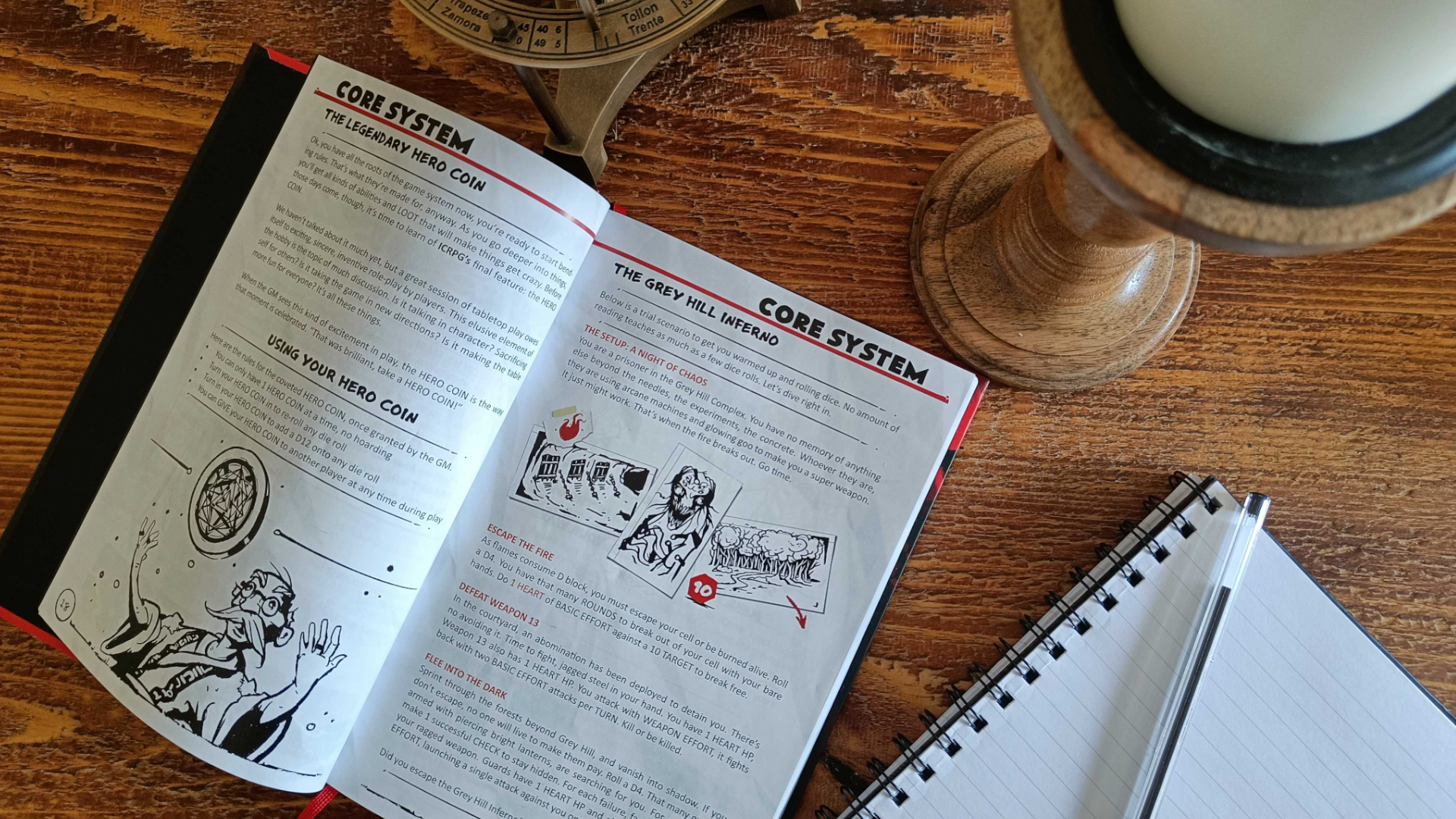
The world of tabletop RPGs is as sprawling as a good old-fashioned fantasy map, so narrowing the list of contenders down can be a quest in itself. To help you decide, this is what I'd recommend asking yourself:
🤔 How much experience do your players have?
Regardless of whether you'll be playing or running a game, it's important to be aware of the group's experience before investing. If they've never played tabletop RPGs before, I'd recommend finding a simple system like The One Ring or Index Card RPG. (D&D is great, but I do think there are better options for complete beginners). Then you can move on to more complex games.
⚔️ What kind of experience do you want?
It's always worth asking yourself about the sort of adventure you're looking for before committing to anything, because there are countless options out there to suit every need. Prefer epic, high fantasy? Choose D&D or Pathfinder. Want gritty, low fantasy? Grab Warhammer Fantasy Roleplay instead.
👨👩👧👦 How many players are there going to be?
Your experience will vary dramatically depending on the size of your party, and certain games are better with higher or lower player counts. For most tabletop RPGs, I'd recommend no more than 6 players and 1 Game Master at the table as an absolute maximum. Any more and things will get chaotic, or take way too long during the likes of combat.
🎲 Have you played tabletop RPGs before?
If you're completely new to TTRPGs, we'd recommend taking a look at accessible options like The One Ring or Index Card RPG (which you'll find on this page). It's worth taking a look at the D&D Starter Set if you want an easy way into the biggest and most popular tabletop RPG, too.
📺 Which genres, movies, and TV shows do you like?
It may seem obvious, but getting a game that feels like your favorites is a good place to start. Adore high fantasy adventures like Lord of the Rings? Try D&D, Pathfinder, or The One Ring. Prefer sci-fi epics? Besides official RPGs for Star Wars and Star Trek, Starfinder is a great alternative. As for horror fans, definitely take a look at Call of Cthulhu, Vaesen, and Candela Obscura.
⏰ How much time are you willing to spend?
Although it sounds like an odd question, considering how much time you have available is worthwhile. If you're hoping to run games but are often busy, using prep-heavy systems like D&D may not be ideal. (Though if you're keen to stick with Dungeons & Dragons, we'd recommend getting a book of one-shot adventures like Candlekeep Mysteries instead.) In that instance, we'd suggest roll-as-you-go games such as Ten Candles. Just want to play, on the other hand? Think about how often you can be available. If you can only make a session once every couple of months, trying to go for one-shots is better than getting involved in a full campaign.
What do other industry experts think? I put the question to the Modiphius team when we chatted about their Discworld RPG, and they told me that it's "vibes all the way down... play (or watch, or read) a bunch of games. It’s the easiest way to figure out what you like and what you don’t. Eventually you’ll find something that makes your serotonin receptors light up."
Best tabletop RPGs: FAQ
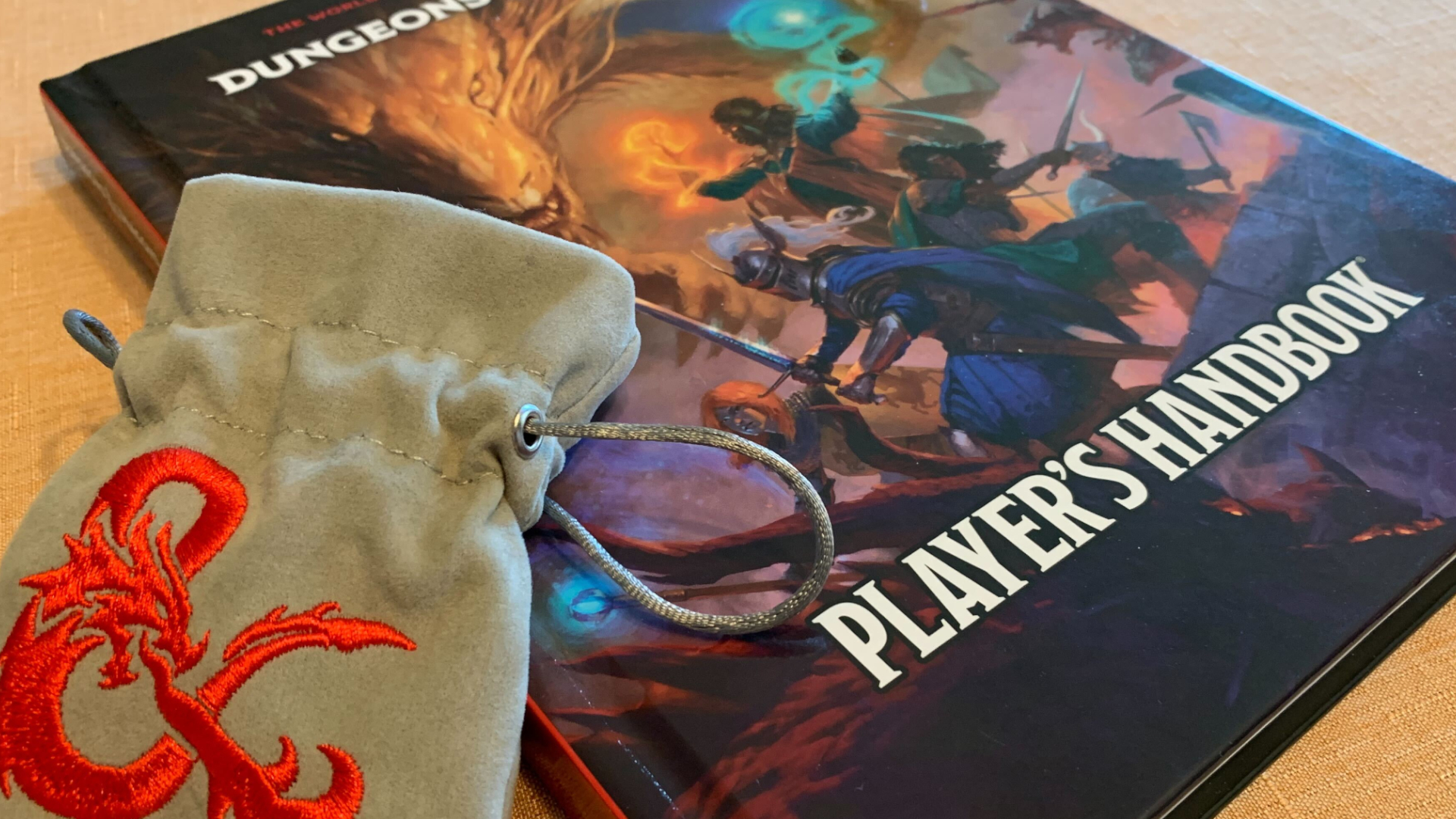
What is the most popular tabletop RPG?
As the first and biggest tabletop RPG, Dungeons & Dragons is by far and away the most popular. Much like Warhammer and wargaming, many people see D&D and tabletop RPGs as the same thing. With the game appearing in popular live streams like Critical Role, on TV shows such as Stranger Things, in a big-budget Hollywood movie starring Chris Pine, and in the immensely popular Baldur's Gate 3, that market dominance isn't changing any time soon.
However, that isn't to say D&D is the best option for everyone. Although it's a fantastic game, it doesn't necessarily do every kind of roleplay experience as well as the competition - there are better options if you prefer non-combat roleplay, stealthy crime dramas, or social intrigue.
Where should you start with tabletop RPGs?
If you're completely new to tabletop RPGs, you can't go far wrong with Index Card RPG or The One Ring Starter Set. Both are superb introductions to the hobby and are easy to get your head around, so greenhorns can be rolling dice in no time.
The D&D starter set or Essentials Kit are also brilliant places to begin. They explain the rules in an easy-to-understand manner while also providing a pre-written adventure to play through.
What is the best alternative to D&D?
If you're keen to avoid D&D but want to remain rooted in the world of fantasy, we'd recommend starting with Pathfinder or The One Ring. The former is based on an older version of Dungeons & Dragons so retains a lot of its best bits without the baggage, while the latter nails the tone and sense of adventure from its inspiration.
As for sci-fi, Starfinder is an excellent choice. This is made by the same people behind Pathfinder and has been very well-received. Meanwhile, Alien: The Roleplaying Game is an excellent choice if you want something creepier.
For more recommendations, be sure to check out the best card games, or the best 2-player board games.
Weekly digests, tales from the communities you love, and more

I've been writing about games in one form or another since 2012, and now manage GamesRadar+'s tabletop gaming and toy coverage. You'll find my grubby paws on everything from board game reviews to the latest Lego news.


